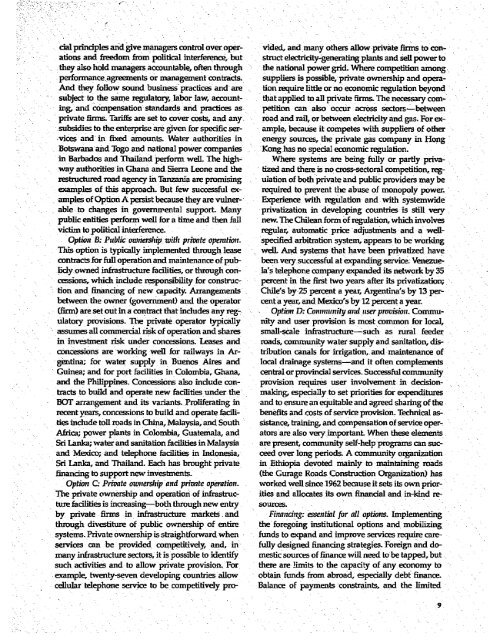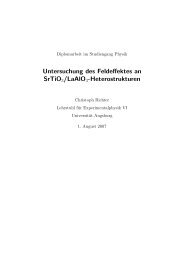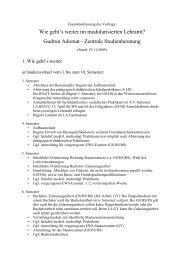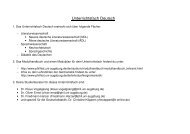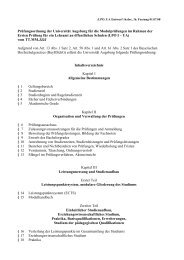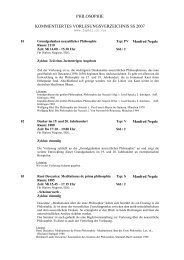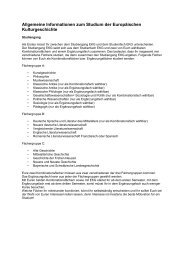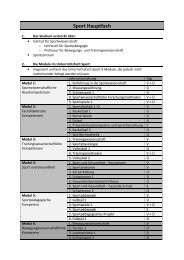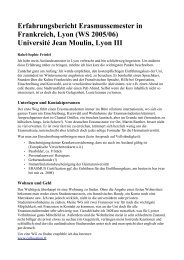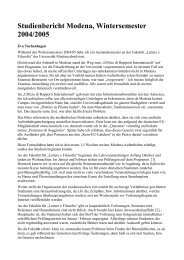ASi" kUCTURE FlOR DEVELOPMENT
ASi" kUCTURE FlOR DEVELOPMENT
ASi" kUCTURE FlOR DEVELOPMENT
You also want an ePaper? Increase the reach of your titles
YUMPU automatically turns print PDFs into web optimized ePapers that Google loves.
eal principles anid give managers control over oper- vided, and many others allow private firms to conations<br />
and freedom from political interference, but struct electricity-generating plants and sell power to<br />
they also hold managers accountable, often through the national power grid. Where competition among..<br />
performance agrements or management contracts. suppliers is possible, private ownership and opera-<br />
And they follow sound business- practices and are tion require little or no economic regulation beyond<br />
subject to the same regulatory, labor law, account- that applied to all private firms. The necessary coalng,<br />
and compensation standards and practices as petition can also occur across sectors-between<br />
private firms. Tariffs are set to cover costs, and any. road and rail, or between electricity and gas. For exsubsidies<br />
to the enterprise are given for specific ser- ample, because it competes with suppliers of other<br />
-vices and in fixed amounts. Water authorities in energy sources, the private gas company in Hong<br />
Botswana and Togo and national power companies Kong has no special economic regulation.<br />
in Barbados and Thailand perform well. The high- Where systems are being fully or partly priv-&<br />
way authorities in Ghana and Sierra Leone and the tized and there is no cross-sectoral competition,. regrestructured<br />
road agency in Tanzania are promising ulation of both private and public providers may be<br />
examples of this approach. But few successful ex- required to prevent the abuse of monopoly power.<br />
amples of Option A persist because they are vulner- Experience with regulation and with systexmwide<br />
able to changes in goverrnmental support. Many privatization in developing countries is still very<br />
public entities perform well for a time and then fall new. The Chilean form of regulation, which involves<br />
victim to political interference.<br />
regular, automatic price adjustments and a well-<br />
Option B. Putblic ownershtip. witih private opertion. specified arbitration systemr, appears to be working<br />
This option is typically implemented through lease welL And systems that have been privatized have<br />
contracts for full operation and maintenance of pub- been very successful at expanding service. Venezuelidy<br />
owned infrastructure facilities, or through con- la's telephone company expanded its network by 35<br />
cessions, which indude responsibility for construc- percent in the first two years after its privatization;<br />
tion and financing of new capacity. Arrangements Chile's by 25 percent a year, Argentina's by 13 perbetween<br />
the owner (government) and the operator cent a year, and Mexico's by 12 percent a year-<br />
(firm) are set out in a contract that indudes any reg- Option D: Commutnity and utser pmvisioni. Commuulatory<br />
provisions. The private operator typically nity and user provision is most common for local,<br />
assumes all commercial risk of operation and shares small-scale infrastructure-suci as rural feeder<br />
in investment risk under concessions. Leases and roads, community water supply and sanitation, discDncessoins<br />
are working well for railways in Ar- tribution canals for irrigation,. and maintenance of<br />
gentina; for water supply in Buenos Aires and local drainage systems-and it often complements<br />
Guinea; and for port facilities in Colombia, Ghana, central or provincial services. Successful community<br />
and the Philippines. Concessions also indude con- provision requires user involvement in decisiontracts<br />
to build and operate new facilities under the maling, especially to set priorities for expenditures<br />
BOT arrangement and its variants. Proliferating in and to ensure an equitable and agreed sharing of the<br />
recent years, concessions to build and operate facili- benefits and costs of service provision. Technical asties<br />
indude toll roads in China, Malaysia, and South sistance, training, and compensation of service oper-<br />
Africa; power plants in Colonbia, Guatemala, and ators are also very importanL When these elements<br />
Sri Lanka; water and sanitation facilities in Malaysia are present, community self-help programs can sucand<br />
Mexico; and telephone facilities in Indonesia, ceed over long periods. A community organization<br />
Sri Lanka, and Thailand. Each has brought private in Ethiopia devoted mainly to maintaning roads<br />
financing to support new investments.-<br />
(the Gurage Roads Construction Organization) has<br />
Option C: Private ownership and private operation. worked well since 1962 because it sets its own prior-<br />
The private ownership and operation of infrastruc- ities and allocates its own financial and in-kind reture<br />
facilities is increasing-both ffirough new entry sources.<br />
by private firms in infrastructure markets .and Financing: essetial for all options. Imnplementing<br />
through divestiture of public ownership of entire the foregoing institutional options and mobilizing<br />
systems. Private ownership is straightforward when funds to expand and improve services require careservices<br />
can be provided competitiveLy, and, in fully designed financing strategies. Foreign and domany<br />
infrastructure sectors, it is possible to identify mestic sources of finance will need to be tapped, but<br />
such activities and to allow private provision. For there are limits to the capacity of any economy to<br />
example, twentyseven developing countries allow obtain funds from abroad, especially debt finance.<br />
cellular telephone service to be competitively pro- Balance of payments constraints, and the limited<br />
9


